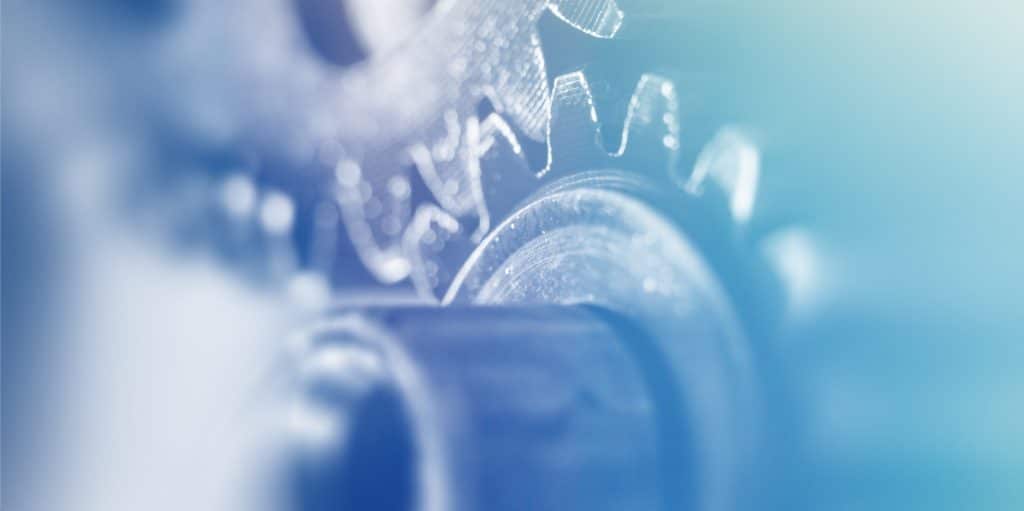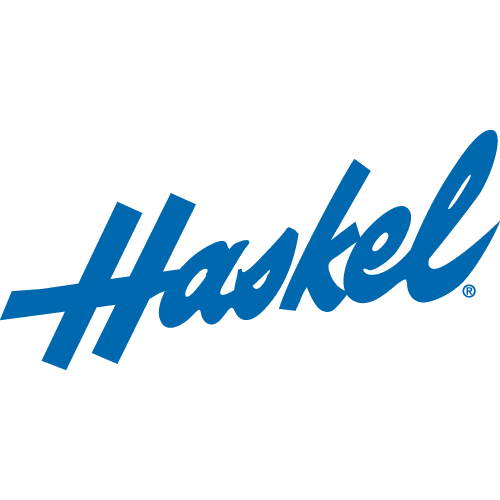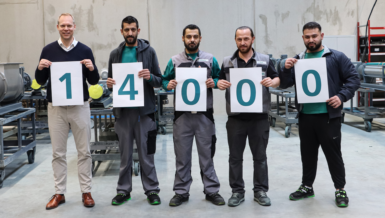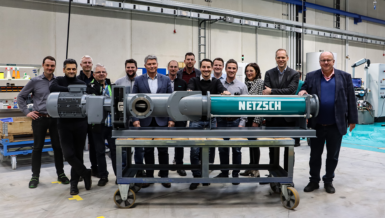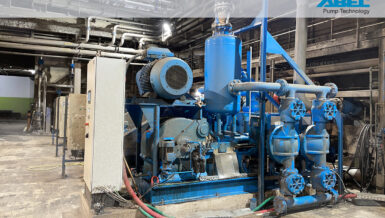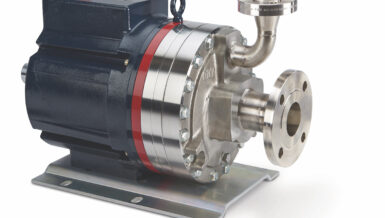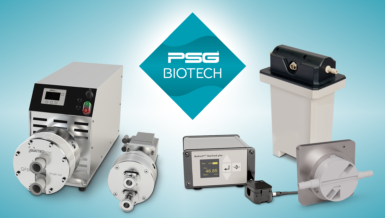Recently, Haskel began running a series of validation tests on equipment in order to further test the quality and functionality of specific parts, and to foresee and mitigate potential faults consumers may experience with their products. We sat down with Haskel’s Process Engineering Technician Lead Danny Parra and Process Engineering Technician Gary Ramirez to find out what products they are testing, and how the results are affecting the future of Haskel’s supply chain.
M/MS Mini Series Pump:
Our first set of tests were administered on our M/MS Mini Series Pump to verify the quality, durability, and design equivalence of the newly supplied Hydraulic Cap. We began testing this product to ensure that our suppliers are providing us with sound parts that meet our design requirements. During the durability test, our goal was to have each pump reach 3-5 million cycles. This is well above the average life expectancy of a pump, but we wanted to test them under the harshest conditions. During testing, every major component on the test stand not made by Haskel broke prior to hitting the 3 million cycle target, while the Haskel components all continued working.
T-Body Qualification Tests:
Along with the M/MS Series Pump tests, our team has been running tests on our liquid pumps to ensure the qualifications of their ‘T-Bodies.’ This is in response to complications customers have been experiencing while using certain products. Our team tested two different types of ‘T-Bodies’ to see if we could recreate the issue. Aside from replicating customer failures, this test also allowed us to qualify secondary source suppliers for our supply chain. These tests were administered in a similar fashion as the M/MS Series Pump trials, running each system at peak performance for an extended duration of time. This set of tests established a quality baseline for further product improvements and testing.
During these tests, we were able to duplicate the issues that customers were experiencing, enabling our team to further understand potential root causes and improve our product for our customers.
BuTech Valve:
Haskel’s sister company, BuTech, produces valves that were created mainly for the use of liquid pressure control and have proven outstanding quality in those applications. However, there was an opportunity for improvement in gas applications. This was addressed through geometric changes to the valves and validated through extensive cycle testing to simulate wear and tear, similar to the Mini Series pump and liquid pump T-Body tests. We analyzed the data to find trends when the valves started to under perform and determined what we can do to fix it. In this case, our team was able to validate the design change improvement to the product and establish a maintenance procedure for normal gas operation in order to confidently expand BuTech valves to broader markets.
The Importance of Product Testing:
We began testing these products for both the consumer’s benefit and Haskel’s, from a supply chain standpoint. In all three cases, we were able to understand which parts perform the best in harsh conditions while setting the framework for comprehensive testing for future Haskel products. With the cost benefits of diversifying our supply chain, we can offer a greater cost savings and ROI to customers on their Haskel products in the future. Along with the benefits of a diverse supply chain, the tests concluded that Haskel parts are more reliable than competitors under the conditions of the cycle test. In all cases, we tested at max capability in order to ensure product durability. At Haskel, we strive to produce products of the highest quality. Regularly conducting quality tests will help us mitigate future issues and provide us with data to enhance our current products.
Until now, only new products were tested rigorously. The products we are currently testing are 30-40 years old, which means we are gathering data that hasn’t been previously recorded. We are finding many strengths and weaknesses in our products that we will be able to build on and learn from. Having this information now allows us to back up our technology with comprehensive data to prove our product’s reliability. Our testing methods will continue to adapt and improve as we continue testing different products. This process helps us stay aligned with our commitment to customers.



